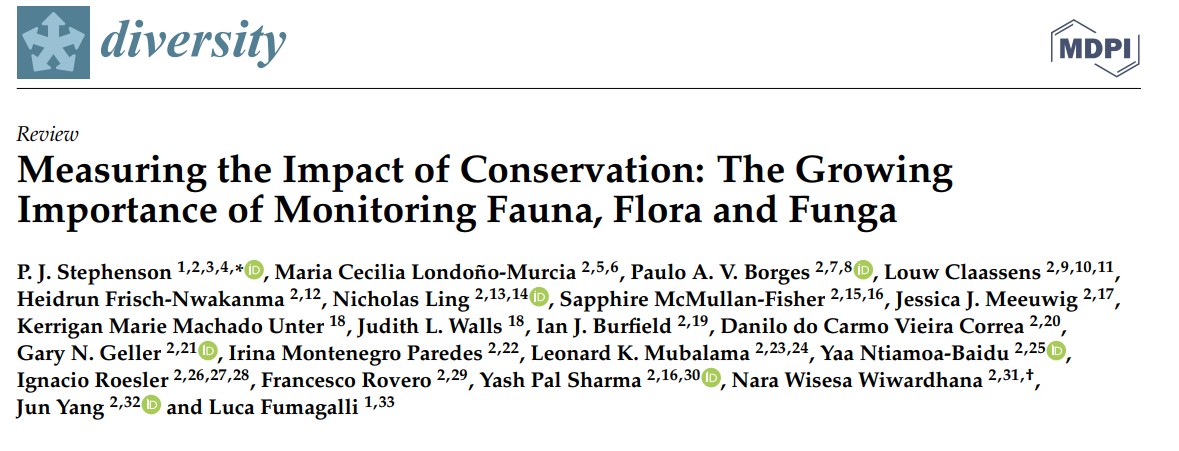
Effective action is needed to monitor biodiversity and to improve the conservation,
restoration and sustainable management of nature [1–3]. However, many stakeholders,
from governments to civil society to businesses, lack the data they need to make informed
decisions on planning and management, jeopardising the success of conservation interventions.
Blockages to data access are numerous, and can relate to a lack of data, inadequate
monitoring and data collection, inadequate sharing of existing data, and the sharing of data
that are of poor quality or in the wrong formats [4–7]. Lack of high quality, standardised
data blocks our ability to compare trends over time and space. Existing data on species and
their habitats have taxonomic and geographic biases, with more data on certain vertebrates
and trees and less data on other plants, invertebrates and fungi, more data in wealthy
nations and less in poorer high-biodiversity nations, and generally less data for marine
and aquatic species [8–12]. Many of the taxa for which data are lacking tend to be the
rarest or less charismatic taxa, with many critical for ecosystem functioning. Information
biases jeopardise our ability to monitor, detect and influence ecosystem change over time.
Furthermore, the costs of decision-making in the absence of data are tremendous and can
lead to irreversible environmental change. Shifting baselines occur where the absence of
historical data means we are unable to understand the scale of ecosystem change that has
already occurred and consequently implement effective management [13].
The lack of suitable data manifests itself in poor reporting. For instance, Australia’s
2021 State of the Environment report found that “reporting on the current state and recent
trends of Australia’s marine environment is highly variable and often inadequate for
robust assessment” [14]. Many governments fail to report accurately on their delivery of
commitments under the Convention on Biological Diversity (CBD) and other multilateral
environmental agreements (MEAs) [15,16] and there is very little biodiversity reporting by
businesses [17]